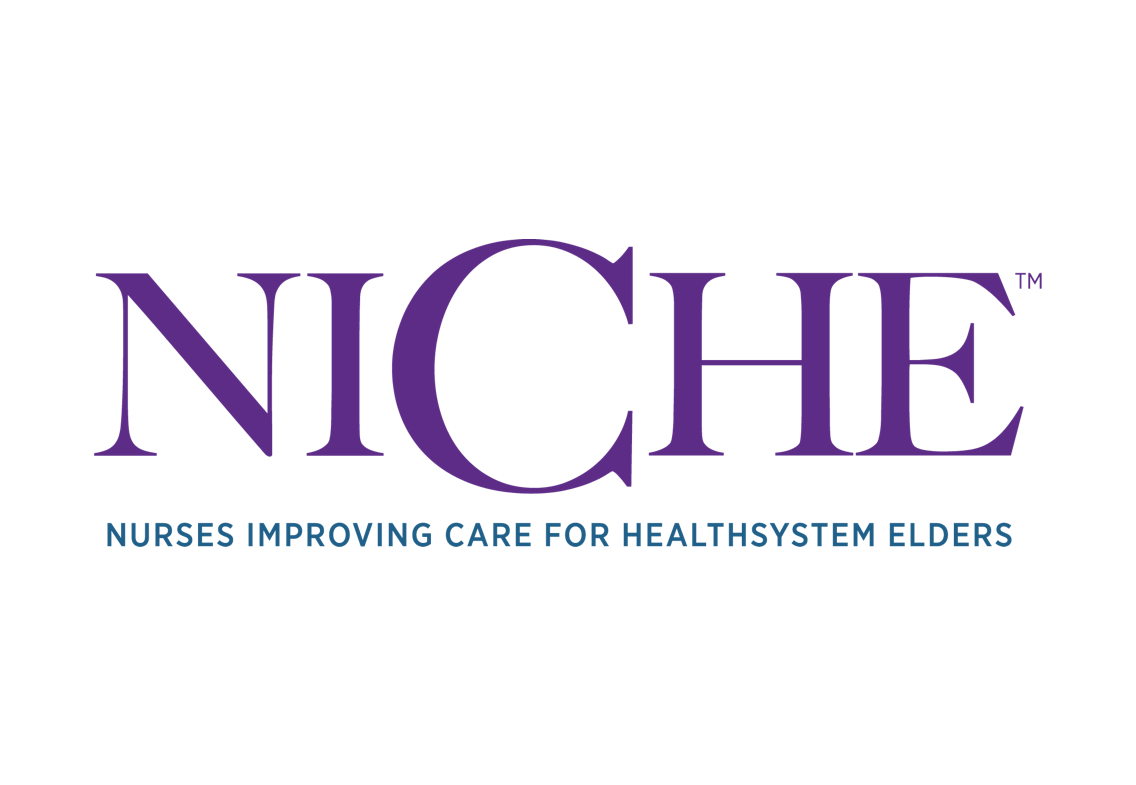Studies find nurse-led program improves care of older adults

November 04, 2019
NYU Meyers analysis of 27 years of research involving more than 12,000 patients demonstrates success of NICHE Program in supporting healthcare organizations in caring for older adults
An analysis of research on the Nurses Improving Care for Healthsystem Elders (NICHE) program finds that it improves older adult care, including preventing falls, improving patient safety and quality of care, reducing potentially inappropriate medications, and helping healthcare providers to care for patients with dementia. The study is published in the journal The Gerontologist.
The NICHE program at NYU Rory Meyers College of Nursing is a nurse-led education and consultation program designed to help healthcare organizations improve the quality of care for older adults. When member organizations—which include hospitals, long-term care facilities, and other healthcare facilities—join the NICHE program, they gain access to clinical education and resources, guidelines, and nursing practice models designed to improve nurses’ abilities to provide patient- and family-centered care for older adults. To date, there are 580 acute care hospitals and nursing homes that are NICHE program members in the United States, Singapore, Canada, and Bermuda.
“Nurses are at the forefront of providing care to complex older adults in the United States and many countries around the world,” said Mattia Gilmartin, PhD, RN, FAAN executive director of the NICHE program at NYU Meyers. “The NICHE program emphasizes education and practice development for front-line clinical staff through leadership training, mentorship, and educational programming, which promotes the role of the clinician as paramount to implementing high-quality care.”
In the new study published in The Gerontologist, the researchers reviewed existing research on the NICHE program to better understand how the program influences patient outcomes, nursing professionals, and the work environment. The researchers identified 43 studies published between January 1992 and April 2019 to include in their analysis. The collective findings represent NICHE program-related evidence across settings involving 12,254 patients and more than 50,000 nurses and other healthcare professionals.
Using a content analysis, the researchers identified four thematic categories in the research: specialized older adult care, the geriatric resource nurse model, work environment, and NICHE program adoption and refinement.
The researchers found that specialized older adult care, a key feature of the NICHE program, resulted in improved quality of care and patient safety, and decreased complications and length of hospital stay. The studies showed how the NICHE program helps member sites improve the care of hospitalized older adults by addressing issues specific to this population including falls, potentially inappropriate medications, catheter-associated urinary tract infections, and dementia symptom management.
Another theme that emerged was the geriatric resource nurse model, which assists nurses in becoming unit-based leaders through continuing education in order to provide specialized care of older adults. Research showed that implementing the geriatric resource nurse model resulted in significant culture changes within organizations and improved nursing knowledge about specific health issues in older adults, including incontinence and sepsis.
To measure the geriatric nurse work environment, studies looked at perceptions of the quality of care, aging-sensitive care delivery, resource availability, institutional values, and capacity for collaboration. Research shows that after implementation of the NICHE program, these factors improve.
“In the face of a robust increase in the number of older adults globally, which is projected to continue to rise sharply over the next 50 years, organizational stressors will only increase. The evidence on NICHE program is promising, though more research examining patient outcomes and the impact on healthcare professionals is needed to better help healthcare organizations to meet their goals and improve outcomes for older adults,” said Allison Squires, PhD, RN, FAAN, associate professor at NYU Meyers and the study’s lead author.
“In light of the growing needs in the U.S. and around the world, it has never been more important for NICHE and other programs geared toward improving health outcomes for older adults to have strong evidence on how to empower geriatric specialists to provide the best care,” said Catherine D’Amico, PhD, RN, NEA-BC, director of programs and operations at the NICHE program at NYU Meyers and one of the study’s authors.
In addition to Squires and D’Amico, study authors include Komal Patel Murali and Linda L. Herrmann of NYU Meyers, as well as Sherry Greenberg of Seton Hall University.